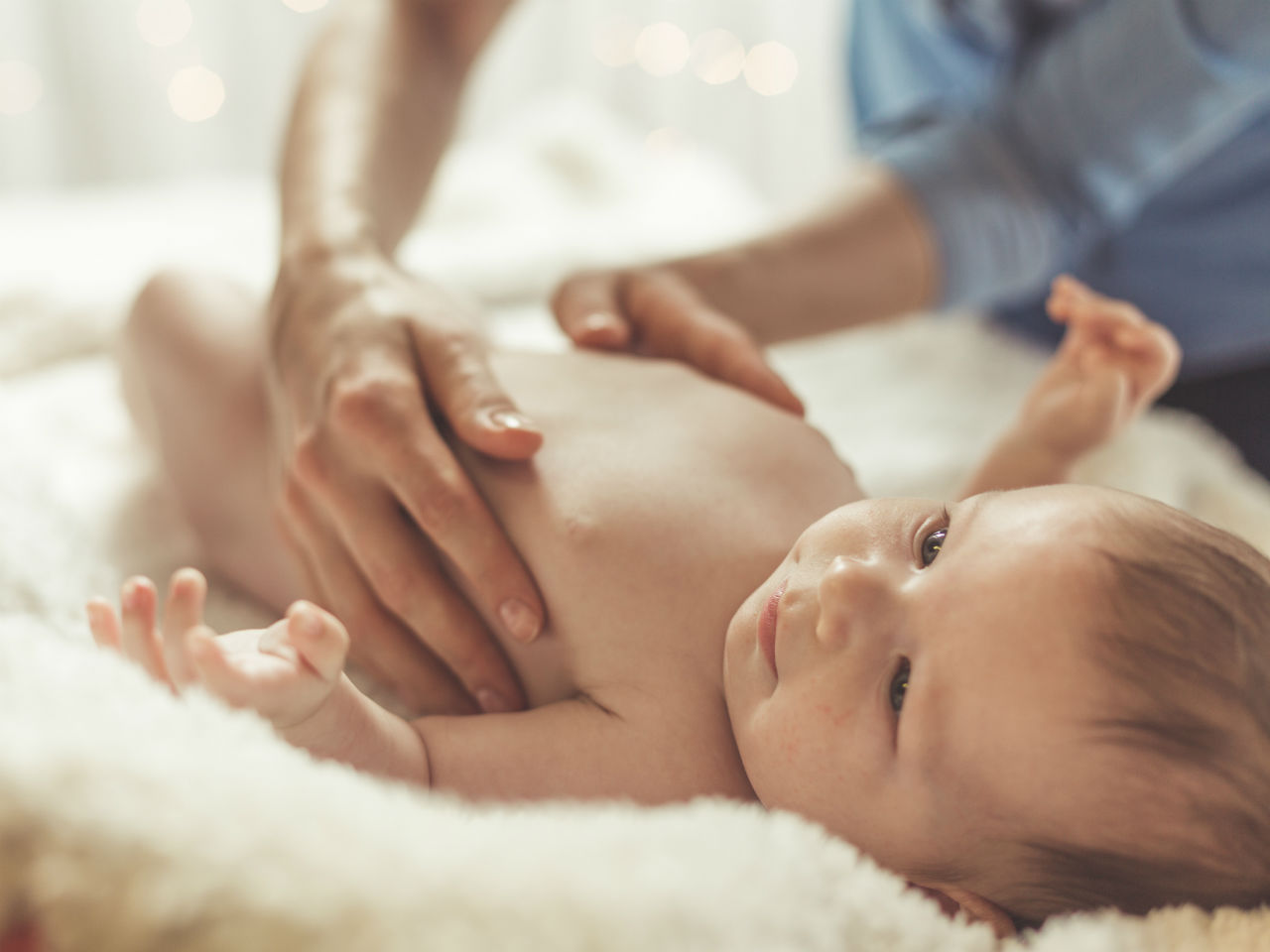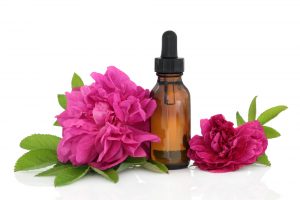Much to many parents dismay, baby acne is very common. The hormones that are transferred from mother to baby at birth and with breastfeeding can sometimes cause this annoying but painless condition. Baby acne usually appears as small whiteheads on the infant’s cheeks, chin and forehead. It may be present at birth, or it may show up after the baby is a few weeks old. If you think your baby has acne, read on to learn more about this condition and what you can do about it.
What Is Acne?
Acne is usually associated with teenagers, as it is often caused by the sex hormones that are released with puberty. But it can affect babies as well. The scientific name for the condition is acne vulgaris because acne usually strikes in plainly visible locations such as the face, neck, chest and back. It occurs when an oil gland becomes blocked.
As excess oil is not allowed to exit, the gland swells and may even become infected.
Does My Baby Have Acne?
If your baby’s skin is irritated, it could be due to a number of conditions. Baby acne usually occurs on the baby’s cheeks, forehead, chin, and even the back. The pimples are actually small whiteheads that are surrounded by red, irritated and maybe even inflamed skin. Baby acne may become more pronounced when your baby is hot or fussy, or if his skin is irritated. Common irritants include saliva, spit-up milk, soap, and clothing that has been washed in strong chemical detergent.
If your baby has tiny bumps on his face at birth this may also be milia. These little bumps are unrelated to acne and they will disappear on their own within a few weeks. Cradle cap is another condition that may be irritating your baby’s skin. However, this condition looks scalier than acne and it usually occurs at other points on the body like the top of the head and behind the ears. If your baby’s breakout looks more like a rash, it may be eczema.
What Causes Baby Acne?
There are a number of factors that may cause baby acne. As with adolescent acne, the condition can be caused by a skin irritation, certain medications, or by a hormonal change. Contact with an oil substances such as petroleum oil or mineral oil can cause baby acne. And if you are taking certain medications while nursing, or if your baby is taking some medications, this may cause a breakout. The maternal hormones that are passed from you to the baby at the end of the pregnancy could also be the cause of your baby’s acne.
Does Baby Acne Hurt?
More often than not, you will be more affected by your baby’s acne than they are. Baby acne does not itch, sting, or hurt in any way. And she is too young to notice her unsightly appearance. So it is more likely that baby acne will bother you, than your baby. However, with severe cases of baby acne, the blemishes may become so swollen and inflamed that they cause or add to your baby’s fussiness. See your health care provider if you think your baby’s acne is causing any aggravation.
How long Does Baby Acne Last?
Baby acne usually clears up within a few weeks. But it may come and go until your baby is six months old. See your health care professional if your baby’s acne is particularly severe, or if it persists into your child’s toddler years.
How Can I Treat My Baby’s Acne?
Treating baby acne is more about what you should not do rather than what you should do. Do not scrub or vigorously wash your baby’s skin. This will only cause further irritation to the sensitive skin. Wash your baby’s face with water and some mild baby soap once a day. If she has particularly sensitive skin, wash with warm water only.
Avoid putting any creams, lotions or oils on your baby’s skin. These products can also irritate acne. Use a natural fabric detergent that is made for sensitive skin to wash your baby’s clothes.
If you have any concerns about acne and your baby, be sure to speak with your doctor to see what they may recommend most.







Be First to Comment